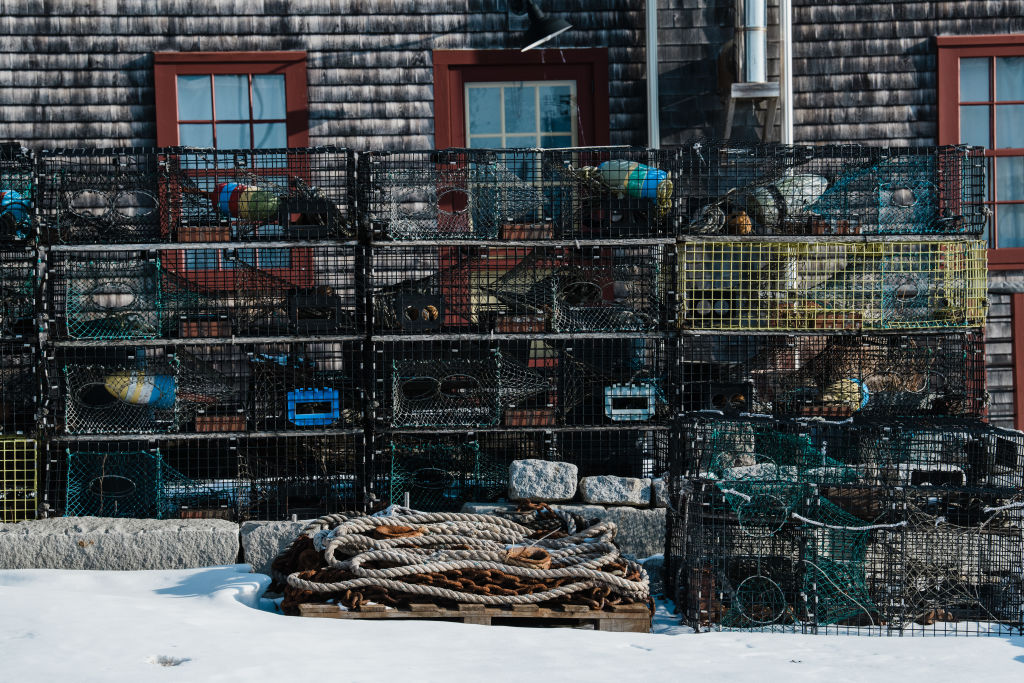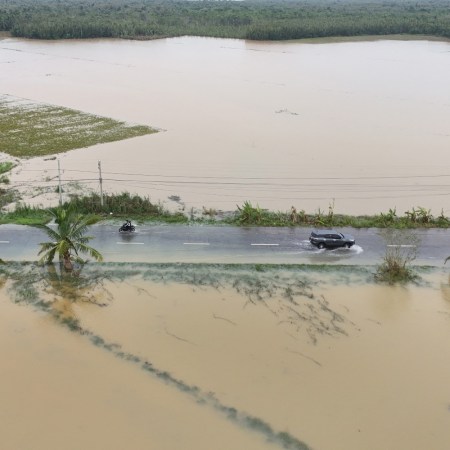According to an article published in the industry publication National Fisherman earlier this year, 82% of lobsters caught in the United States come from Maine. Which is to say, if you enjoyed a tasty lobster roll this summer, odds are very good that it originated from the waters off the coast of Maine. That in turn begs the question: What might happen if Maine’s waters turned inhospitable to the clawed crustaceans in question?
As is the case with so many questions in the era of human-caused climate change, this is not theoretical. A new report from The Washington Post details the effects of the current climate crisis on the Gulf of Maine, which is experiencing more dramatic change than in most bodies of water on the planet.
The Post‘s Zach Rosenthal and Kevin Ambrose write that the Gulf of Maine’s temperature has been “increasing at a rate of 0.8 degrees Fahrenheit each decade in the last 40 years,” which is about three times more than most aquatic spaces. This kind of heat can prompt lobster populations to relocate to cooler waters; so far, though, it hasn’t. That opens up more questions, including whether a mass migration of lobsters might be in the works.
The article goes on to note that lobster populations elsewhere in New England have dropped considerably in recent years due to climate change, including in Connecticut and Cape Cod.
Among the reasons that lobsters have lingered in Maine, write Rosenthal and Ambrose, is the fact that climate change has also led to some of their predators to leave the ecosystem. That, combined with adaptations made within the lobster fishing industry itself, has kept things reasonably consistent. But, as with so many measures implemented to stave off the effects of climate change, the question remains: will that be enough?
Join America's Fastest Growing Spirits Newsletter THE SPILL. Unlock all the reviews, recipes and revelry — and get 15% off award-winning La Tierra de Acre Mezcal.


















